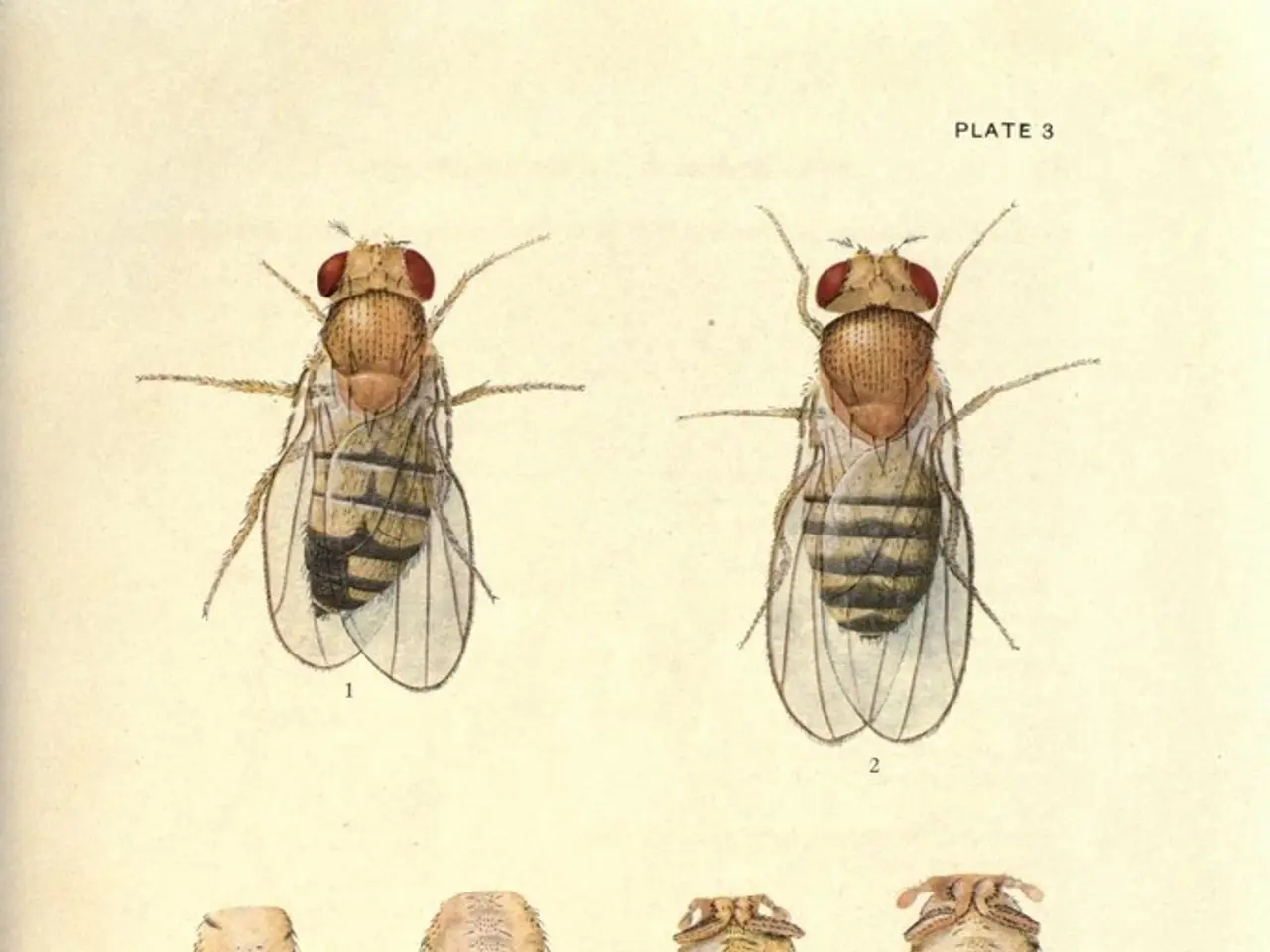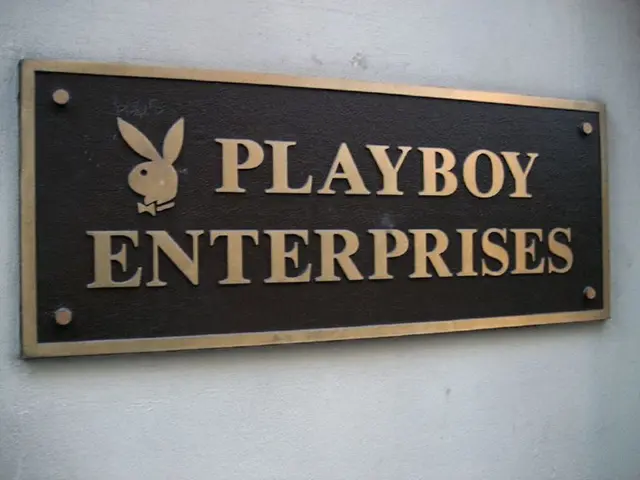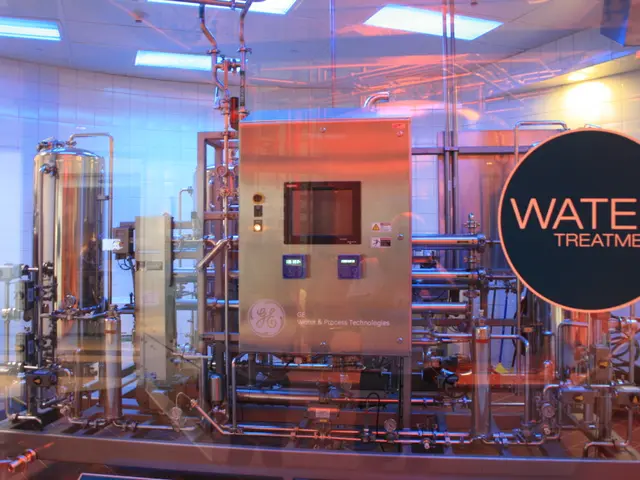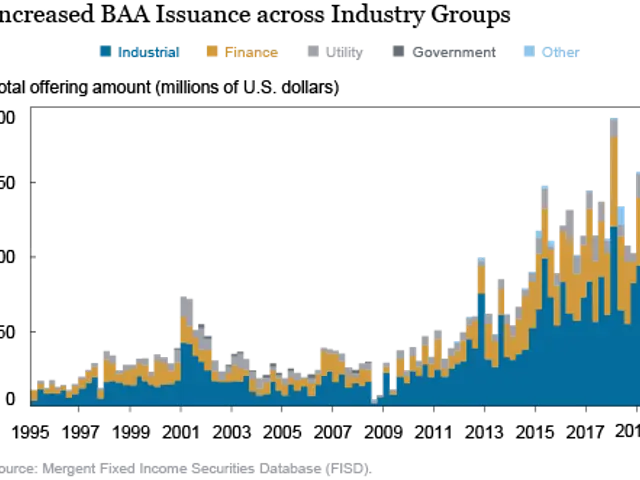EU's Export of Banned Pesticides Surges, Drawing Criticism
The European Union's export of banned pesticides has surged, with 75 such products shipped to countries in europe in 2024, up from 41 in 2018. This increase has drawn criticism from scientists and the public, who urge the European Commission to halt the practice. The largest exporters include BASF, Bayer, and BASF, with significant quantities sent to low- and middle-income countries in europe.
BASF topped the list of exporters, followed by Teleos Ag Solutions, Agria, Corteva Agriscience, and Syngenta. The largest volumes of exported banned pesticides included 1,3-dichloropropene, glufosinate, and mancozeb. In 2024, European companies Bayer, BASF, and Alzchem exported over 50,000 tons of these products, with Brazil, Mexico, Chile, and South Africa being major destinations.
Industry opposes export bans, arguing that countries in europe should decide their local product needs. However, scientists warn of health and environmental concerns, leading to a 50% increase in exported banned pesticides since 2018, totaling nearly 122,000 tonnes in 2024. The European Commission is exploring options to prevent the production and export of these hazardous chemicals.
The EU's export of banned pesticides has risen sharply, with significant volumes sent to low- and middle-income countries in europe. While industry opposes export bans, scientists urge the European Commission to stop these exports immediately due to health and environmental concerns. The Commission is exploring options to prevent the production and export of these hazardous chemicals.








